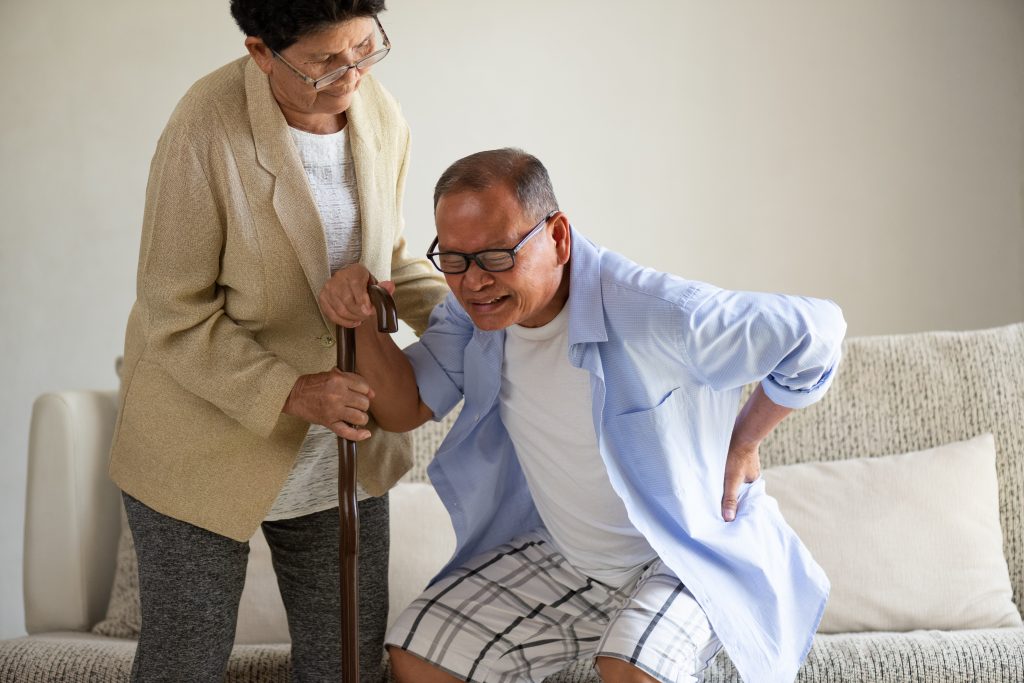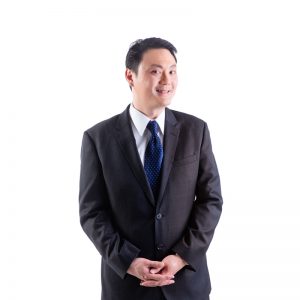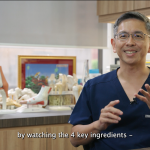
Why does back pain occur as we get older?
As we get older, our spine degenerates, the cartilage of the facet joints breaks down and can cause facet joint arthritis. In addition, the discs in our spine become drier, less spongy and less pliable causing disc pain. The degeneration of the spine can also cause compression of the nerves (spinal stenosis), curving of the spine (degenerative scoliosis), or instability of the spine (degenerative spondylolisthesis).
Patients will experience back pain which is usually worse with activities. If there is compression of the nerves, they can also have pain or numbness down the legs or even weakness in the legs.
How can we prevent back pain from occurring, or getting worse?
Ways to prevent back pain include maintaining a healthy weight, strengthening core muscles, maintaining good posture and avoiding impact sports and carrying heavy loads. This helps to relieve excess stress on the back and reduce the fatigue and pressure in your spine.
When patients experience back pain, they should rest and avoid doing strenuous activities and carrying heavy loads. Most back pain can be treated conservatively with pain-killers and physiotherapy.
However, if the pain is persistent or there are signs and symptoms that suggest that the back pain is serious, then patients should see a doctor and investigations may be needed. If the condition is serious and cannot be treated with conservative treatment, then surgery may be needed.
How can we tell if the back pain we are experiencing is normal or serious?
In some cases, some back pain in the elderly may be due to underlying serious conditions, such as infections of the vertebrae, discs or joints, kidney stones, or even tumours (rare).
Symptoms and signs that suggest that it may be serious include: weight loss, fever, pain even at rest, pain or numbness down the legs, weakness, bladder or bowel incontinence. If these signs and symptoms are present, it is advisable to see a doctor.

Dr Benedict Peng
Consultant Orthopaedic Surgeon
Island Orthopaedics
Our Specialists
Dr Benedict Peng specialises in spine and neck surgery. He is experienced in motion preservation surgery and minimally invasive spine surgery and procedures.









